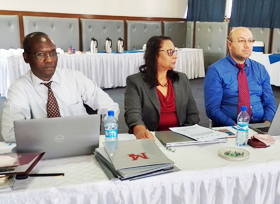Addressing Global Food Security Challenges through Partnerships and Local Community Engagement Workshop at Maseno University
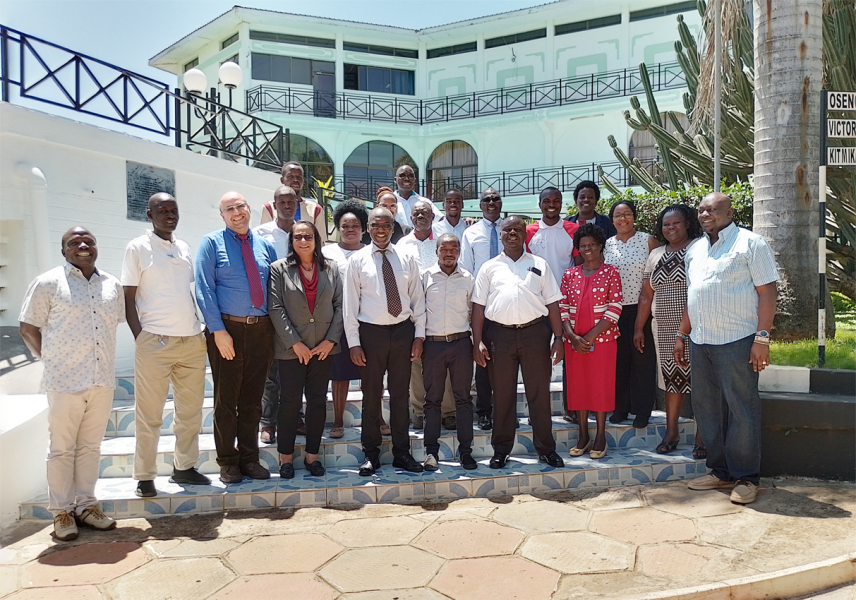
Maseno University (MSU) has an active memorandum of understanding (MOU) with the University of Maryland Eastern Shore (UMES) and is collaborating on three ongoing projects. These include:-
1) “Addressing Global Food Security Challenges through Partnerships and Local Community Engagement” alongside other collaborators under the Center for Global Food Security and Defense (CDFSD) from 2020-2022.
2) “Building Capacity across 1890 Land-Grant Universities to Enhance Student Learning and Community Engagement in Global Food Security and Environmental Health” an 1890 Capacity Building Grant (2021-22).
3) “Addressing Current and Emerging Threats to Crops in the Democratic Republic of Congo and Kenya: A Collaborative and Interdisciplinary Approach” under The Current and Emerging Threats to Crops (CETC) Innovation Lab (IL) Pennsylvania State University
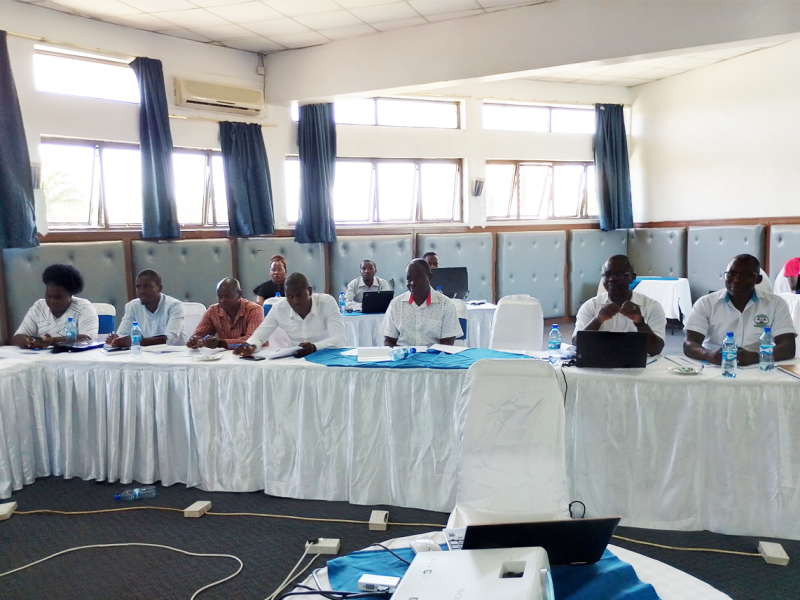
The first project “Addressing Global Food Security Challenges through Partnerships and Local Community Engagement” has progressed well from inception in 2020 despite challenges such as the Covid-19 pandemic. Its goal is to initiate and foster collaborative efforts between 1890 institutions in the United States and international institutions in Kenya and the Caribbean region to advance efforts toward strengthening global food security. It has four objectives, to: 1) Develop and promote the utilization of high-value-added products developed from local crops including mango and mung bean. 2) Apply innovations in genetic improvement of mainstream crops and assess the impacts of major pests and parasites on corn production. 3) use advanced detection techniques to study genetic diversity and antibiotic resistance in food and water-borne pathogens. And 4) Educate farmers on applying integrated practices to manage gastrointestinal parasites in small ruminants.
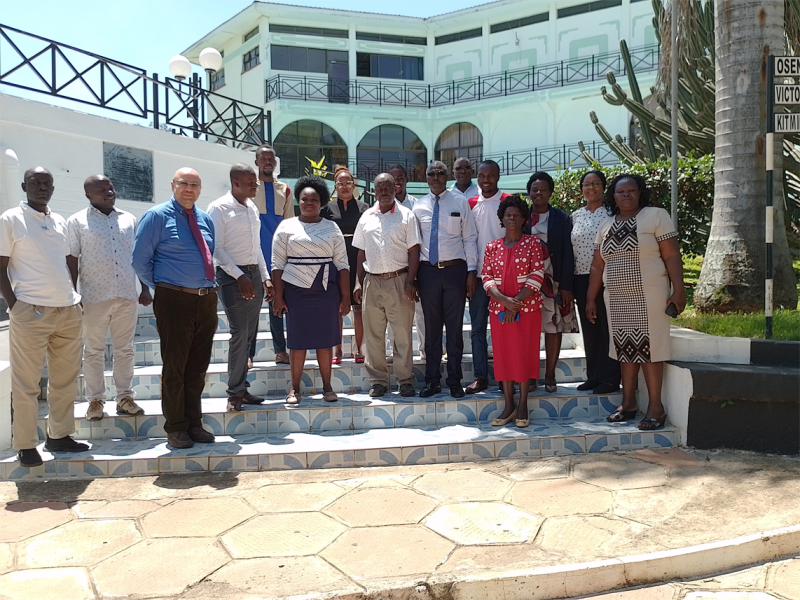
Initially, MSU focused its efforts on Objective 2 by addressing some of these transboundary challenges such as the impact of fall armyworms and disease pests such as Striga weed on maize production in Kenya. The specific action was b) Assessing the socioeconomic impact of fall armyworm and Striga weed on maize production; desirability, willingness-to-pay and market testing of improved maize seeds among farmers. The following results have been realised:
1) A desk review adopting the value chain approach to highlight the key types of socioeconomic and environmental constraints and impacts of fall armyworm and Striga weed at three stages of the maize value chain has been conducted.
2) A baseline survey for estimating the socio-economic costs/benefits (impacts) of fall armyworm and Striga weed at three stages of maize value chains has been conducted.
3) One postgraduate student is preparing his MSc thesis on the basis of these data.
4) This project featured in Tuskegee University’s Professional Agricultural Workers Conference (virtual) in 2021.
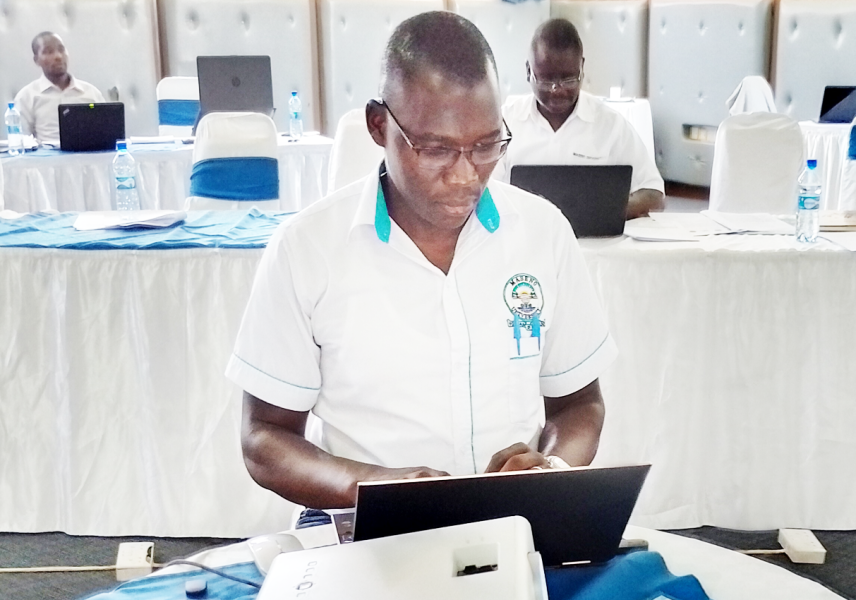
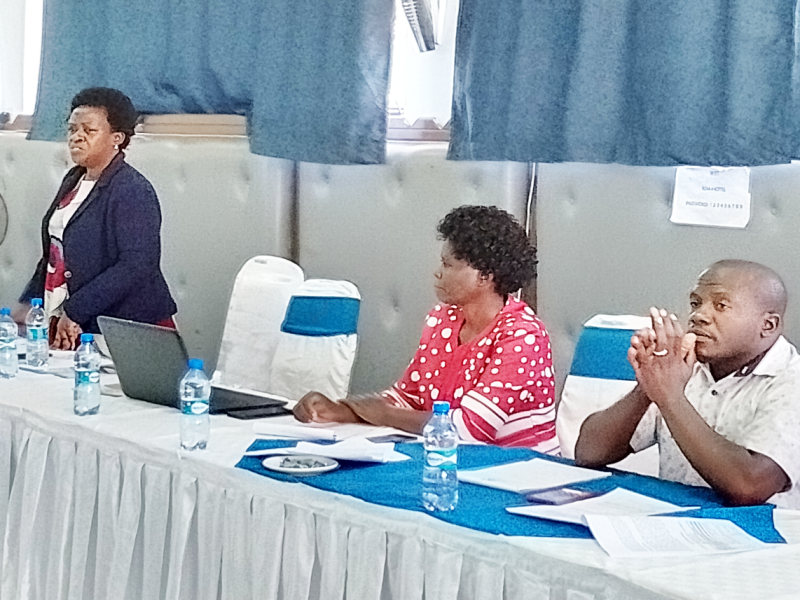
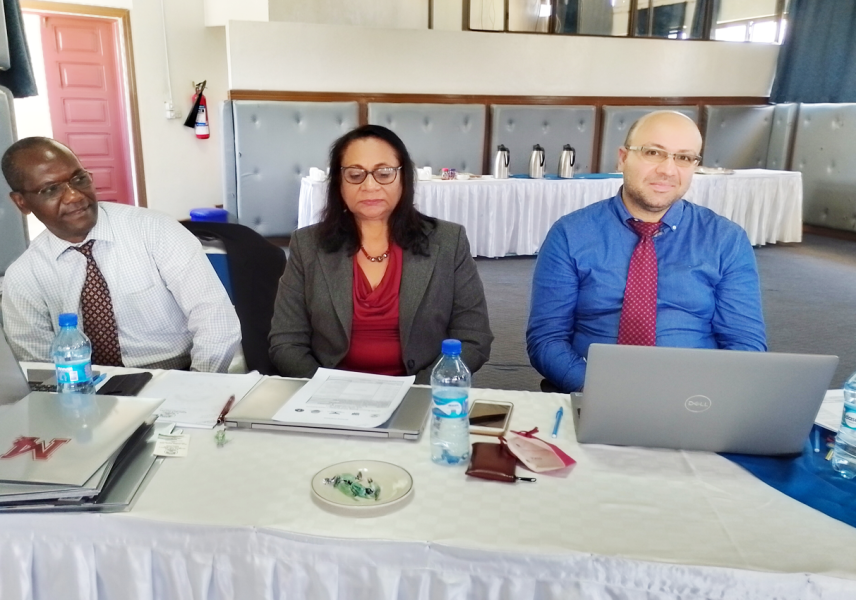
The Workshop Concept Note
This workshop concept note focuses on Objective 3: Investigating the prevalence, antibiotic resistance and genetic diversity of food- and waterborne pathogens using emerging techniques for food safety and security (UMES Lead: Dr. Salina Parveen; Collaborators: UMES - Dr. Fawzy Hashem; VSU - Dr. Chyer Kim). Dr. Parveen will lead Rapid and sensitive detection for disease diagnosis and for tracking the source of food-and water-borne pathogens are critical to prevent and control pathogens from contaminating food during pre- and post-harvest processes. The specific actions include: 1) Conducting workshops/ brainstorming sessions involving students, faculty, and administrators from partner universities to develop plans for securing grant funding and conducting research in areas of common interest. 2) Visiting ongoing food safety, security and water quality research at those institutions and discussing strategies to secure future funding from international agencies. And 3) Conducting a “hands-on-activities” workshop or webinars on rapid detection methods, genomics and metagenomics.
DOWNLOAD PRESENTATIONS OF DAY 1
1.


